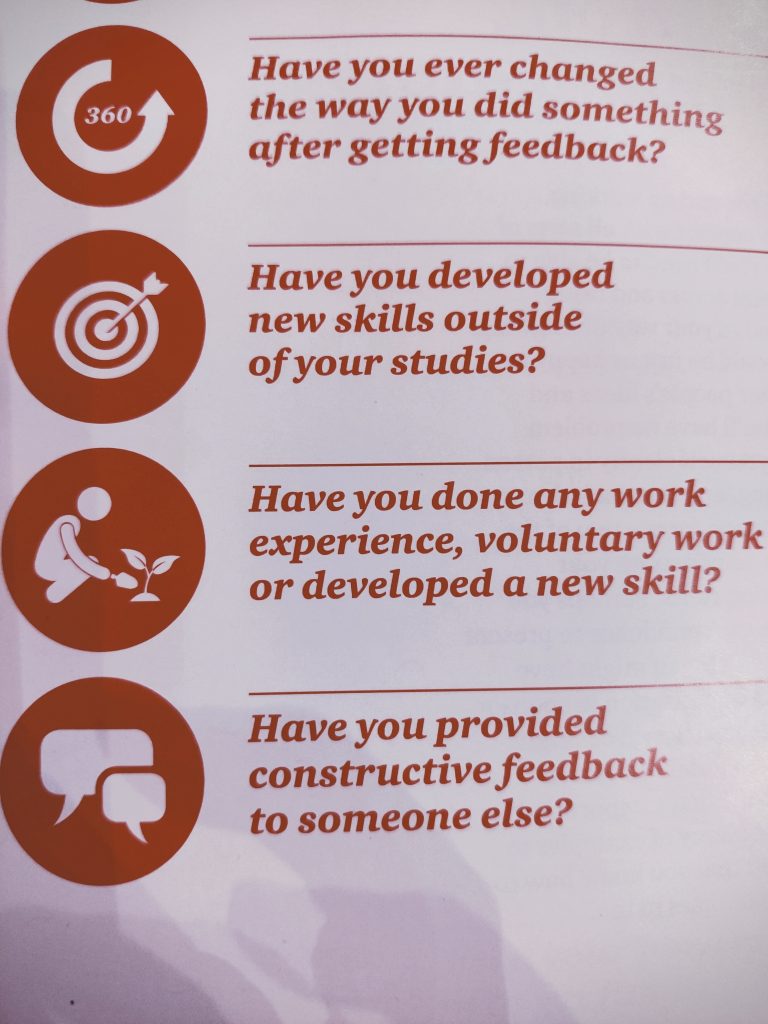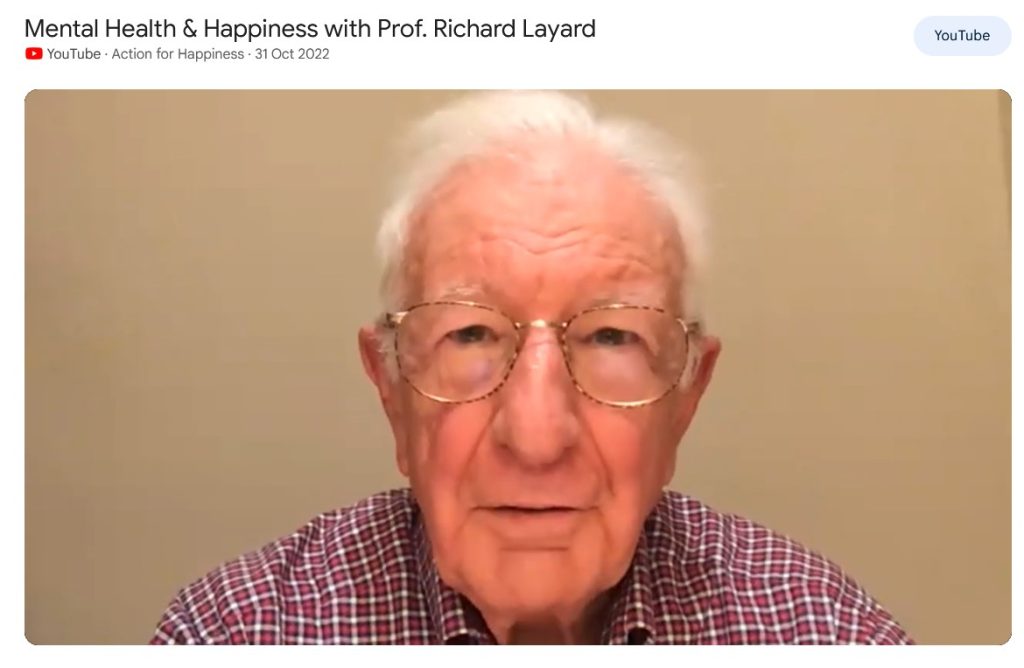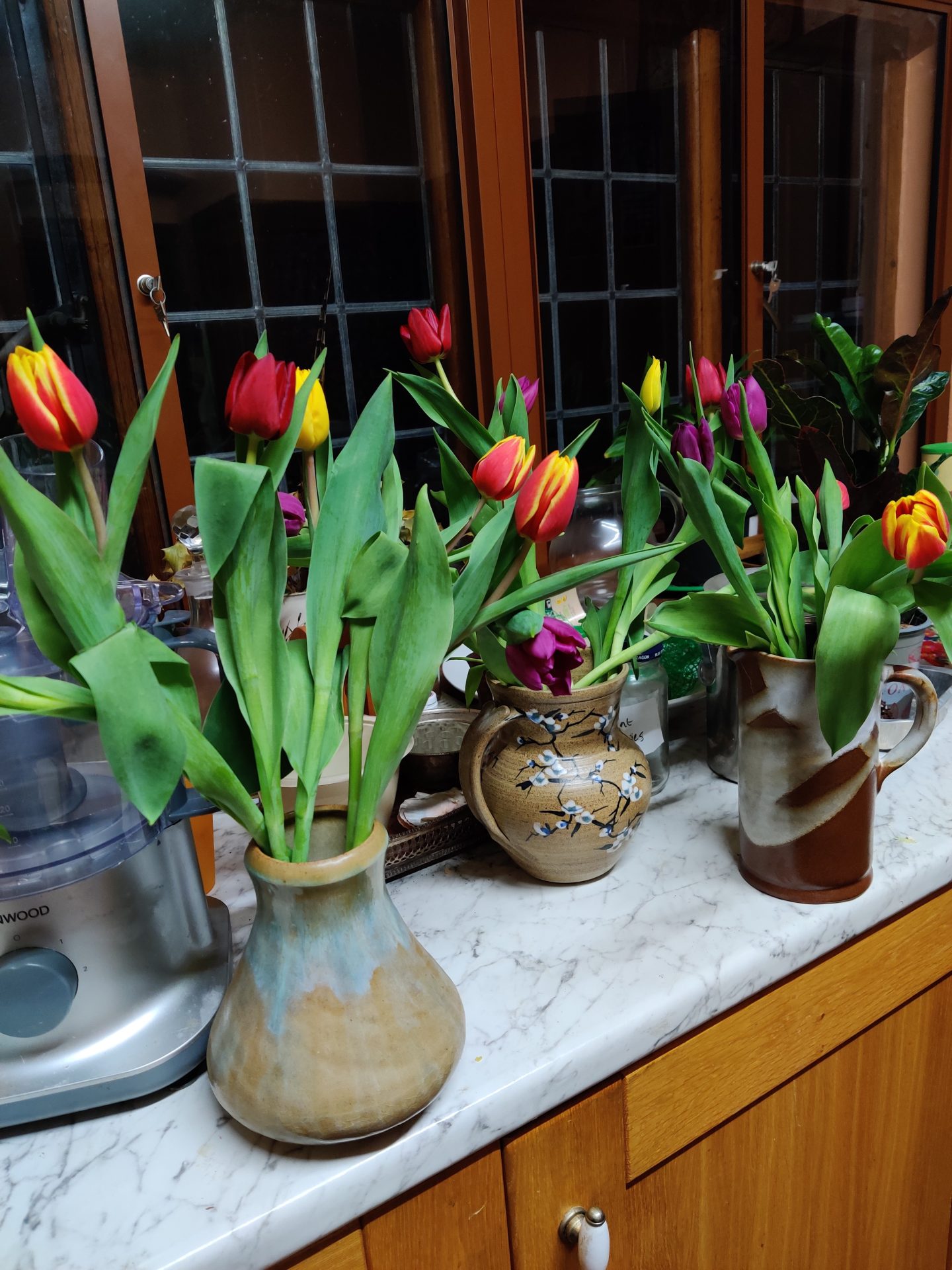It is worth recalling joys and forgetting disappointments.
Why?
Because each recollection makes an impression on the brain. And your accumulated brain impressions dictate your mindset – having a positive mindset, a growth mindset does not happen, if you are prone to recalling only your disappointments. I have grown quite deliberate about it.
Every day, I take a minute to think three things which have happened, which are positive and led to a moment of pleasure. It doesn’t have to be big – a morning hug, a lovely cup of tea when you come indoors thirsty from the garden, a line of a poem you read that day, a social media post to which you responded, something you heard or read which reminded you of an enjoyable time in your life …. anything which made you stop and smile.
That is called writing a gratitude journal. Some time, when I wasn’t paying attention, they invented a new verb, ‘journaling’.
Gratitude journals are big business in the West. According to Cognitive Market Research, The Global Diaries and Planners market was some USD 1300 Million in 2023 and was expected to grow at a compound annual growth rate of 4.6% from 2023 to 2030.
The gratitude journal segment of this market started growing more rapidly during the recent pandemic – everyone embraced ‘diaries and planners’ for journaling, goal-setting, and well-being routines, as mental health came to the fore, as an area of growing concern.
I haven’t needed a special diary or even the need to write it down each day, though that is, I am told, a good practice.
So, here are three positive impressions that might resonate with you too.

It is assumed that you would like something sweet, however small, to have with your coffee. It is also assumed, that you would most probably like to wash it down with coffee, and then have a glass of water to clear the palate.
Isn’t that civilised?
It remains a pleasant recollection to realise that day, that this was their ‘normal’. Good customer service is simply baked into their minimum standards.

Notre-Dame de l’Épine is a Roman Catholic basilica in the small village of l’Epine, Marne, near Châlons-en-Champagne and just North of Verdun. When I see that road sign, I always get a thrill of pleasure. We once went to this village, stopping on our way further south, down a long motorway.
I realised that day, reading the labels, that this was a French stop on their long pilgrimage route to Santiago de Compostela. There are many such routes of course.
I mentally do a namaste to the place, when we pass it – just think, in 1400, lowly shepherds are said to have discovered a miraculous statue of the Virgin and Child in a burning thornbush.
The current church would have been built to house the statue – and the pilgrims are still stopping in the Basilica which grew up around it, on their Camino way.

It is not very often that we feel able to help our own children with preparatory questions for upcoming interviews, unless they happen to be going to join a company in the same sector. But this management consultancy firm had published a little handbook, to show graduating young people what kind of questions they can expect, and should be prepared to answer, when they go to interviews.
This cheered me up enormously – nobody did this for me. The world has changed for the better. This one is outdated. The questions haven’t changed, though.
But look around – there are many such resources provided free of charge.
And now, for the expected disappointment that somehow failed to materialise :

Richard Layard, one of my LSE professors from the late 1970s, spoke mainly on labour economics. Easy on the eye, reasonably articulate and always well prepared, his lectures were well attended by people from all LSE departments, and sometimes from across the road (Kings College, London). Twenty years later, he has moved to generalise his original beliefs for the population at large. His book on happiness, which he wrote some time ago, is still the first thing to read, apparently, in happiness studies.
I was expecting to be disappointed – but he makes a more than cogent case. He’s written more recently than his 2005 book. See what you think.
